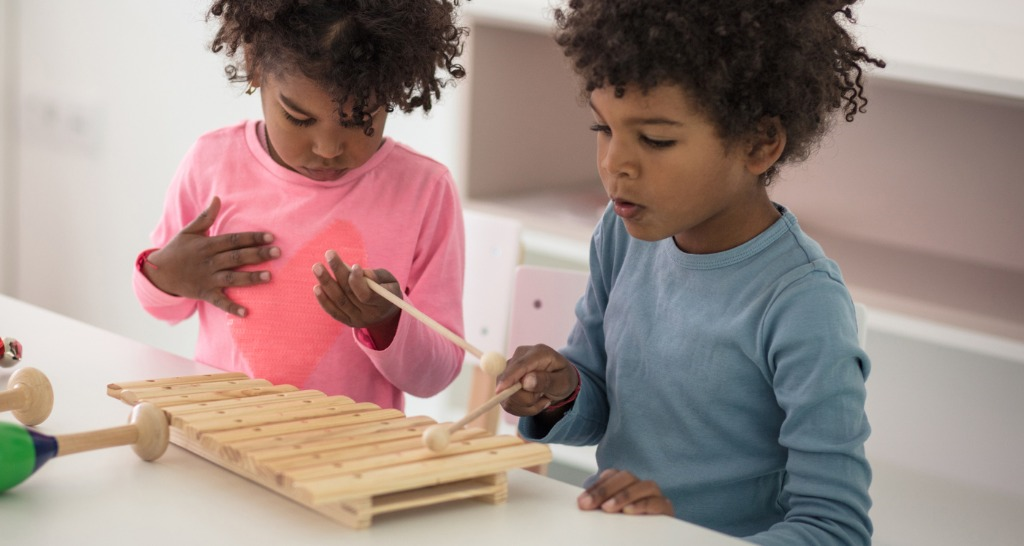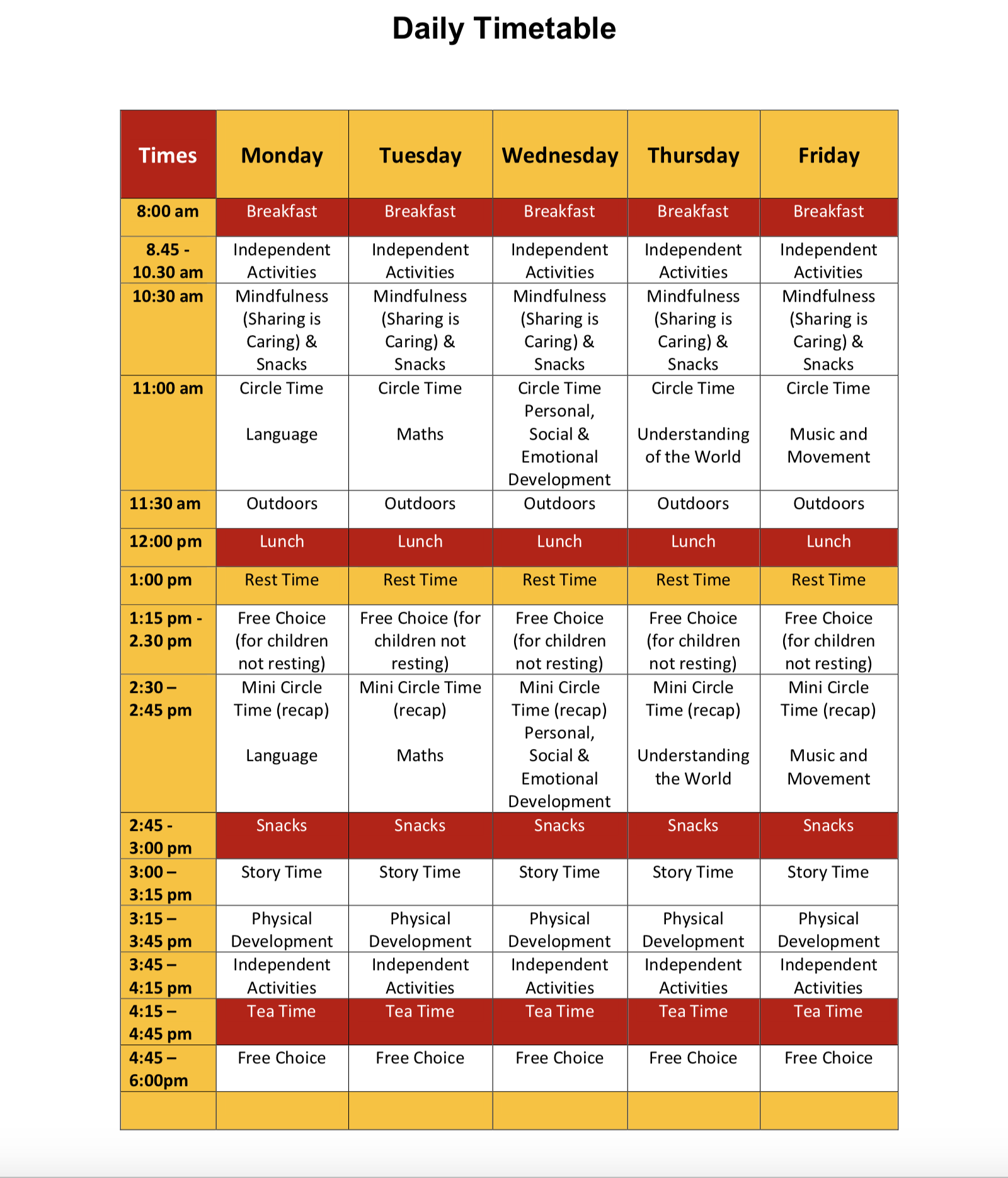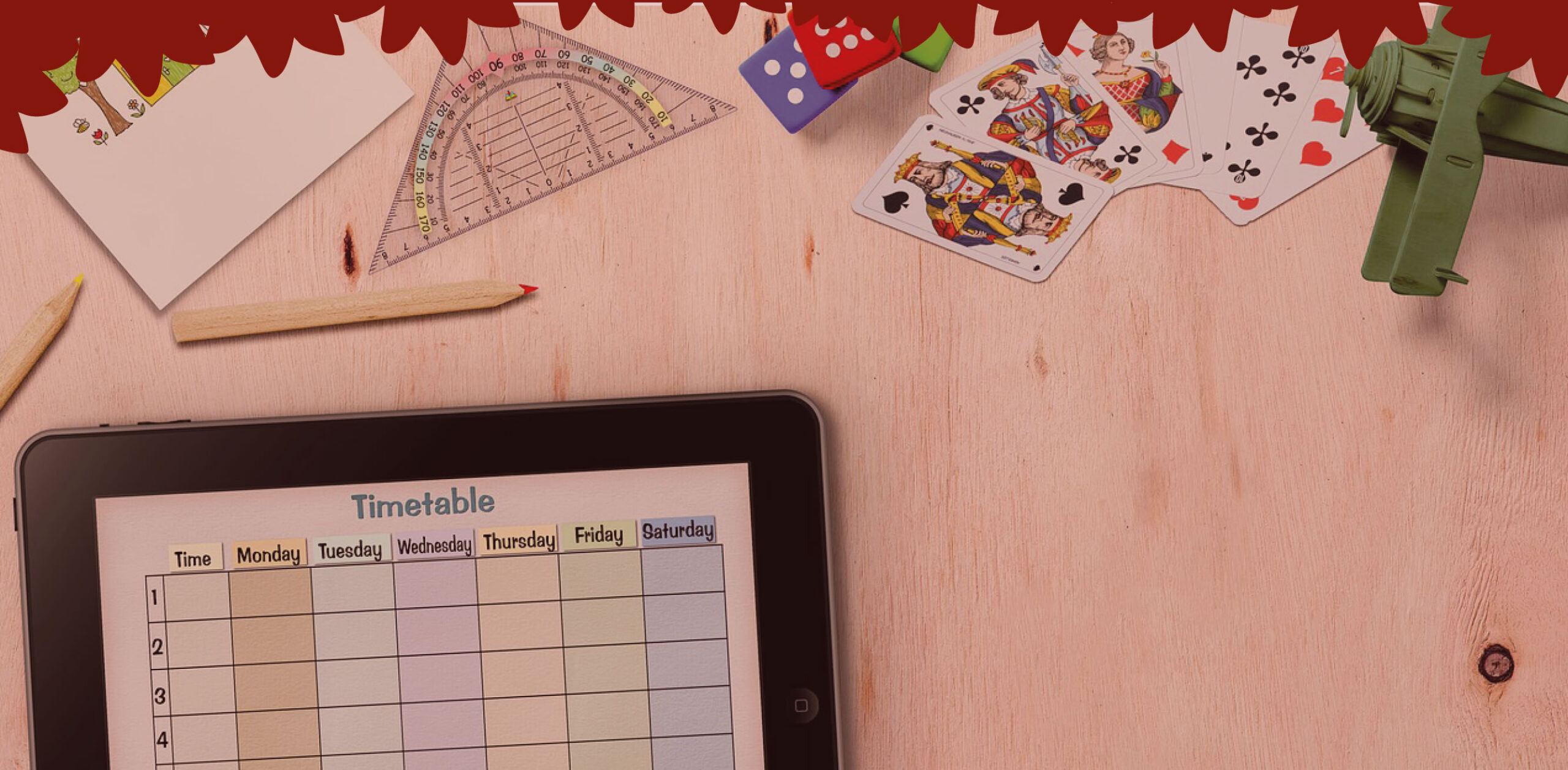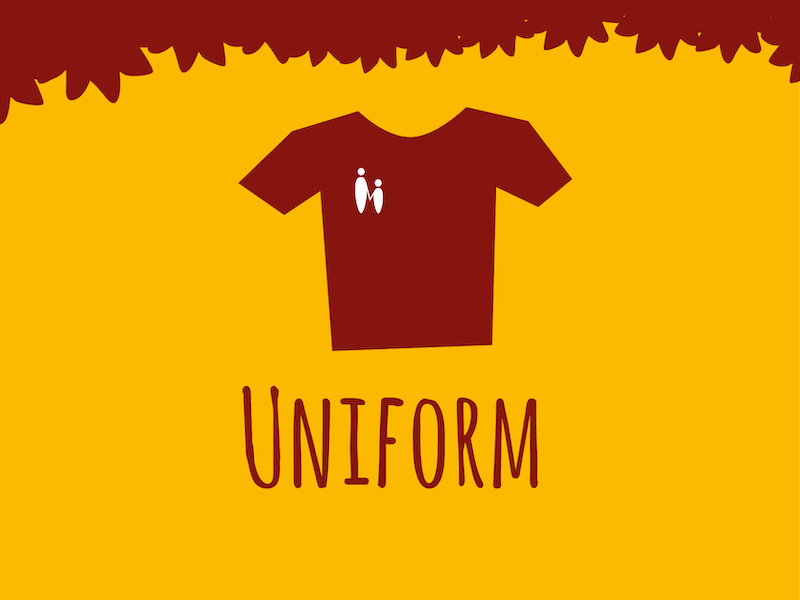Learning the Montessori way
Maria Montessori saw that children held within them something so special, that children had a huge appetite to understanding the world. She saw that they were inherently good and that, if allowed to develop freely, they felt connected to everything and were naturally caring towards each other and the world around them. Exploring and learning was more meaningful and holistic.
Children thrive on order and structure
Before becoming Montessori, I was told on a couple of occasions that the curriculum lacked order, but this is not the case. Structure plays a very important part in the lives of young children.
Montessori schooled children are very good at recognising the place for each object in relation to its environment and in remembering where each thing should be. Such awareness is essential for a child to feel secure within its environment and to build on existing experiences. Order in the environment makes children feel safe and that they know how things should be, that is why there is an emphasis on order within the Montessori classroom.

Children learn through their senses
Montessori saw that children can build on their physical experiences of the world through their senses and that by carefully designing interesting materials which the children are drawn to experiment with, she could help them extend this understanding. She did so by taking each of the senses in turn and developing materials that isolated certain aspects that could then be increasingly explored by the children. She believed that children loved working with beautiful objects so all the materials were prepared with the greatest care. Rather than proving to be outdated in the modern world, many are now reproduced in schools of all types throughout the world. Park Royal Montessori are well resourced with these beautiful pieces.

Children need freedom to thrive
The curriculum provide great freedom in allowing children to develop as spontaneous, creative individuals. It is very important . Maria Montessori believes the role of education is to provide environments in which the children can be set free to follow their natural impulses to become the wonderfully dynamic, natural learners they are designed to be.
The emphasis on children being allowed the freedom to work alone and to develop their concentration does not underestimate the importance of social development. As children are allowed to work in such freedom that they display love and care towards others. Maria Montessori saw that children absorbed the cultural world around them, and that true discipline and harmony was something that came from within and was not something that could be enforced.

Mixed Ages in activities
Teachers play a very important role as not so much to teach the children but to direct the natural interests they see emerging. We also believe in having mixed aged classes too. One of the reasons for mixed group activities at times is that the younger children learn by watching and listening to the older children. Maria Montessori saw that children learn best this way and that something wonderful happened when a community of children could actively support and help each other. Montessori classrooms therefore encourage children of all ages to work together as a social group and do not normally split children by age for all activities.
We have age separation in classes as well as joined age groups according to the activity.

Combined with the Early Years
Foundation Stage Framework (EYFS)
Foundation Stage Framework (EYFS)
These are the government standards that school and childcare providers must meet for the learning,development and care of children under 5.
Personal, Social & Emotional Development
Develops dispositions and attitudes to learning and the ability to focus when appropriate
Enhances the ability to develop self-confidence and self-esteem
Enables the formation of good relationships with adults and peers
Encourages taking responsibility for actions
Promotes understanding and respect of the needs and views of others
Communication & Language Development and Literacy
Communication of needs, feelings and events
Language for thinking
Linking sounds and letters
Listening with enjoyment and responding to stories, songs, poems and rhymes
Extending vocabulary and explore the meaning & sound of new words
Using language to imagine & recreate rolls, experiences or even
Physical Development
Space to move, with increasing control and coordination
Teaching for the child to manage their own dressing & personal hygiene
Opportunities to show awareness of space of themselves and of others
Recognition of the importance of being healthy and how to keep healthy
Time to practice using a range of small and large
Equipment, practising fine and gross motor skills
Mathematics
Using numbers for labels and counting
Recognising colours and shapes
Using language to compare quantities and to describe size and position
Using mathematical ideas to solve practical problems
Understanding of the World
Exploration and investigation
Designing and making skills
A sense of time, place & community
ICT
Expressive Arts & Design
Responding to experiences, expressing and communicating ideas
Exploring media and materials
Creating music and dance
Developing imagination and imaginative play
Spiritual Development & British Values
Celebration of good deeds and positive character traits





